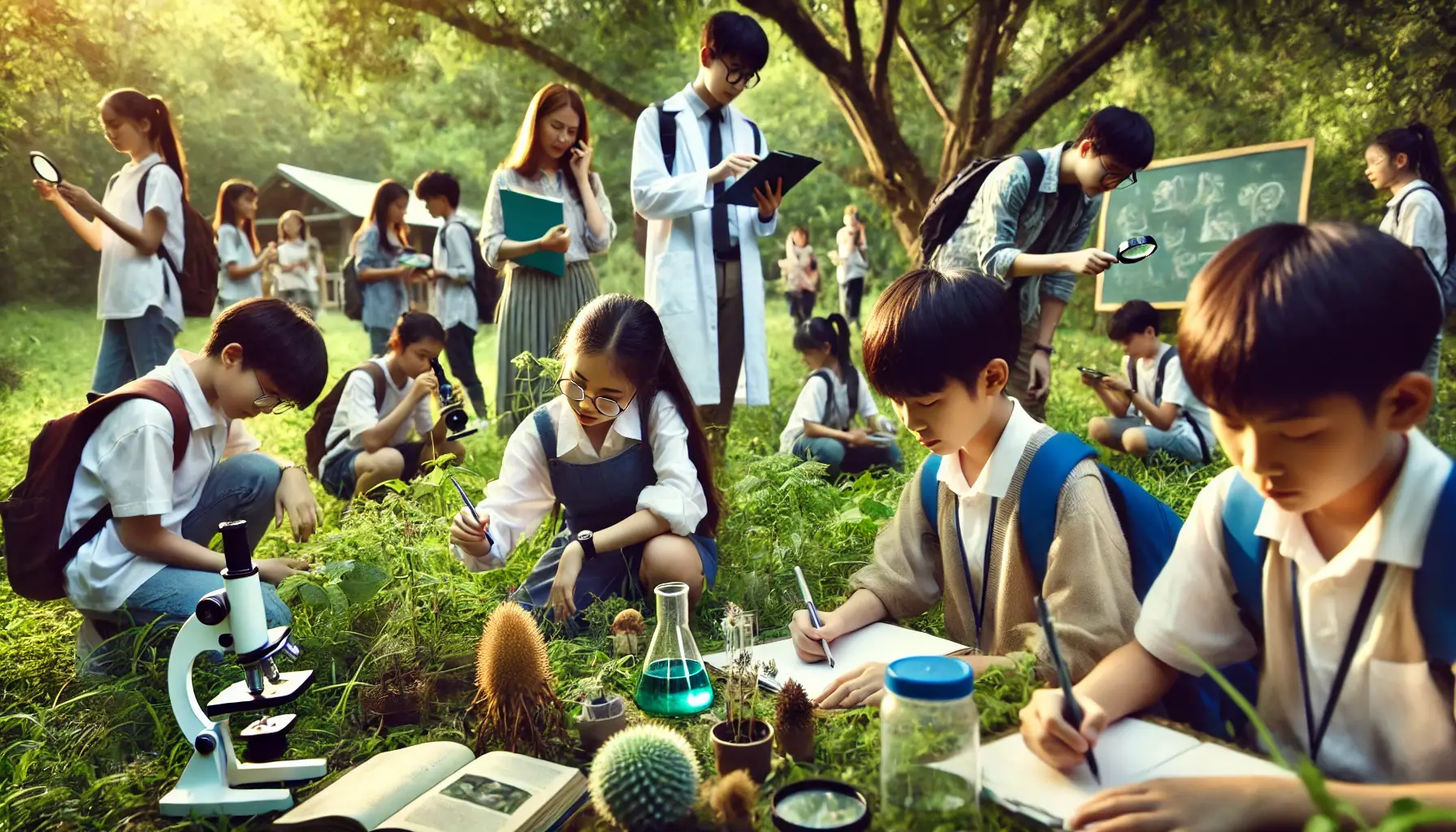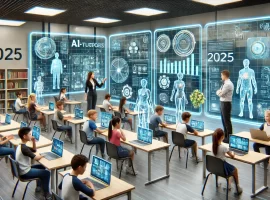In the simplest of terms, experiential learning is the process of ‘learning by doing.’ While this type of learning was not even in the picture a few years ago, it has become essential for knowledge retention, motivation, and additional skill development. Not only this, educationalists and researchers believe that every school should adopt hands-on learning to prepare the students for the real world.
Experiential learning matters because it transforms education from passive memorization to active engagement, ensuring students not only understand concepts but also know how to apply them in real-life scenarios. This hands-on approach fosters critical thinking, creativity, and adaptability—skills essential for success in today’s fast-changing world. Here are a few reasons why experiential learning is important:
- Enhances Critical Thinking and Problem-Solving Skills Experiential learning encourages students to analyze situations, make decisions, and reflect on outcomes. This iterative process strengthens their ability to think critically and solve complex problems—skills essential for success in any field.
- Bridges the Gap Between Theory and Practice Traditional education often focuses on memorization, which does not always translate to practical application. Experiential learning allows students to see the relevance of theoretical concepts in real-world scenarios, making learning more meaningful and retention more effective.
- Boosts Engagement and Motivation: Hands-on activities capture students’ interest and encourage active participation. When students are personally invested in their learning experiences, they develop a deeper passion for education and a stronger motivation to explore and innovate.
- Develop Essential Life Skills Communication, teamwork, leadership, adaptability, and time management are just a few of the critical skills that students acquire through experiential learning. These competencies prepare them for future careers and personal growth.
Educational institutions worldwide are integrating experiential learning through various methods, such as:
- Project-Based Learning: Encouraging students to work on real-world projects that require research, collaboration, and problem-solving.
- Internships and Apprenticeships: Providing students with industry exposure and hands-on experience in their chosen fields.
- Simulation and Role-Playing: Using technology and interactive activities to create realistic scenarios for learning.
- Field Trips and Study Tours: Offering opportunities to explore new environments and apply classroom knowledge in practical settings.
- Community Service and Social Impact Projects: Engaging students in meaningful projects that contribute to society while developing empathy and leadership skills.
As the world becomes more dynamic and technology-driven, experiential learning will continue to play a pivotal role in education. The integration of artificial intelligence (AI), virtual reality (VR), and gamification in experiential learning models will further enhance its effectiveness, making learning more immersive and interactive.
Experiential learning is not just a trend; it is a necessity in modern education. By embracing this approach, educators can create a more engaging, effective, and future-ready learning environment. It is time to move beyond textbooks and lectures and empower students with the skills, knowledge, and experiences they need to thrive in an ever-changing world.






